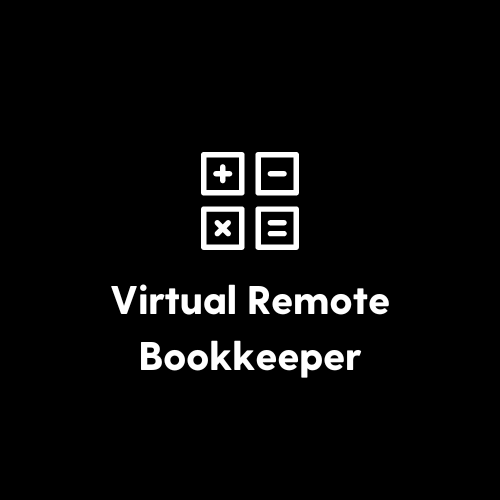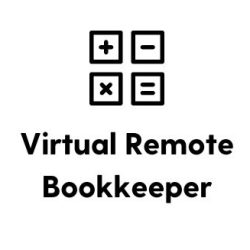
Managing payroll is one of the most critical aspects of running a small business. As your business grows, so do your responsibilities, and payroll management becomes more complex. Ensuring that your employees are paid accurately and on time is vital not only for compliance but also for maintaining employee satisfaction and company morale. In this blog, we will explore essential tips and best practices for managing payroll efficiently as your small business scales.
Why Payroll Management is Crucial for Small Businesses
Effective payroll management directly impacts your company’s financial health and employee satisfaction. Mistakes in payroll processing, such as miscalculations, missed deadlines, or incorrect tax withholdings, can result in penalties, financial strain, and employee dissatisfaction. For a growing small business, managing payroll effectively ensures legal compliance, boosts employee trust, and keeps operations running smoothly.
Steps to Manage Payroll for a Growing Small Business
1. Understand Payroll Laws and Compliance
Before diving into payroll management, it’s crucial to familiarize yourself with federal, state, and local payroll regulations. You must comply with employment tax laws, minimum wage standards, overtime pay, and other statutory requirements, which can vary based on your location and industry. Non-compliance can result in penalties and audits, so understanding these laws from the start will save time and trouble later on.
2. Choose the Right Payroll System
As your business grows, manual payroll processes become less feasible. Investing in the right payroll software can save time, reduce errors, and help you stay compliant. Many software solutions are designed to streamline the payroll process, including automatic calculations, tax filing, and reporting. Cloud-based payroll systems also enable you to access payroll information from anywhere, making it easier to manage remotely.
Recommended Features of Payroll Software:
- Automated tax calculations and filings
- Integration with accounting software
- Employee self-service portals
- Direct deposit functionality
- Compliance updates and alerts
3. Accurately Classify Employees
One common payroll mistake is misclassifying employees as independent contractors or vice versa. Employee classification affects tax withholdings and benefits, so it’s essential to determine whether your workers are full-time employees, part-time employees, or independent contractors. Misclassification can lead to penalties and back taxes, so this is a critical step to get right.

4. Set Up a Reliable Payroll Schedule
Establishing a consistent payroll schedule is vital for keeping employees happy and ensuring compliance with labor laws. Whether you choose weekly, bi-weekly, or monthly pay periods, make sure it aligns with your cash flow and operational needs. Ensure that employees know when they will be paid and that you meet those deadlines consistently.
5. Track Employee Hours and Benefits
For businesses with hourly employees, accurate tracking of hours worked is essential. Use reliable time-tracking tools to ensure employees are paid for the time they’ve worked. Similarly, managing employee benefits such as health insurance, retirement plans, and paid leave can add complexity to payroll management. Ensure these are accounted for accurately in your payroll system.
6. Stay on Top of Tax Obligations
Managing payroll taxes is one of the most complex aspects of payroll management. You need to withhold the correct amount of federal, state, and local taxes from employee wages. Additionally, as an employer, you are responsible for paying certain taxes, such as Social Security, Medicare, and unemployment taxes. Payroll software can help automate tax withholdings and filings, but you must regularly review and stay updated on tax laws.
7. Outsource Payroll if Necessary
As your business grows, managing payroll in-house can become overwhelming. Outsourcing payroll to a professional service, such as Virtual Remote Bookkeeper, can help you save time, reduce errors, and ensure compliance. Outsourcing allows you to focus on core business activities while experts handle your payroll needs.
Benefits of Outsourcing Payroll to Virtual Remote Bookkeeper
- Expertise in payroll and tax regulations
- Reduction of administrative burden
- Error-free payroll processing
- Time savings, allowing you to focus on growing your business
Final Thoughts
Managing payroll for a growing small business may seem challenging, but with the right strategies and tools, you can ensure compliance and keep your employees happy. Start by understanding payroll laws, choosing reliable payroll software, and establishing clear processes. As your business scales, consider outsourcing payroll to a professional service like Virtual Remote Bookkeeper to streamline operations and ensure accuracy.
At Virtual Remote Bookkeeper, we specialize in helping small businesses manage their payroll efficiently and accurately. Contact us today to learn how we can support your payroll and bookkeeping needs as your business grows.


